Learning to live in the wildernerness with Miriam Lancewood
Read
Edited and Written by Natalia Nazeem based on conversation with Miriam Lancewood during her visit at the Emirates Literature Festival in Dubai
Miriam Lancewood shares her journey of surviving on the (somewhat literal) fruits of her labour
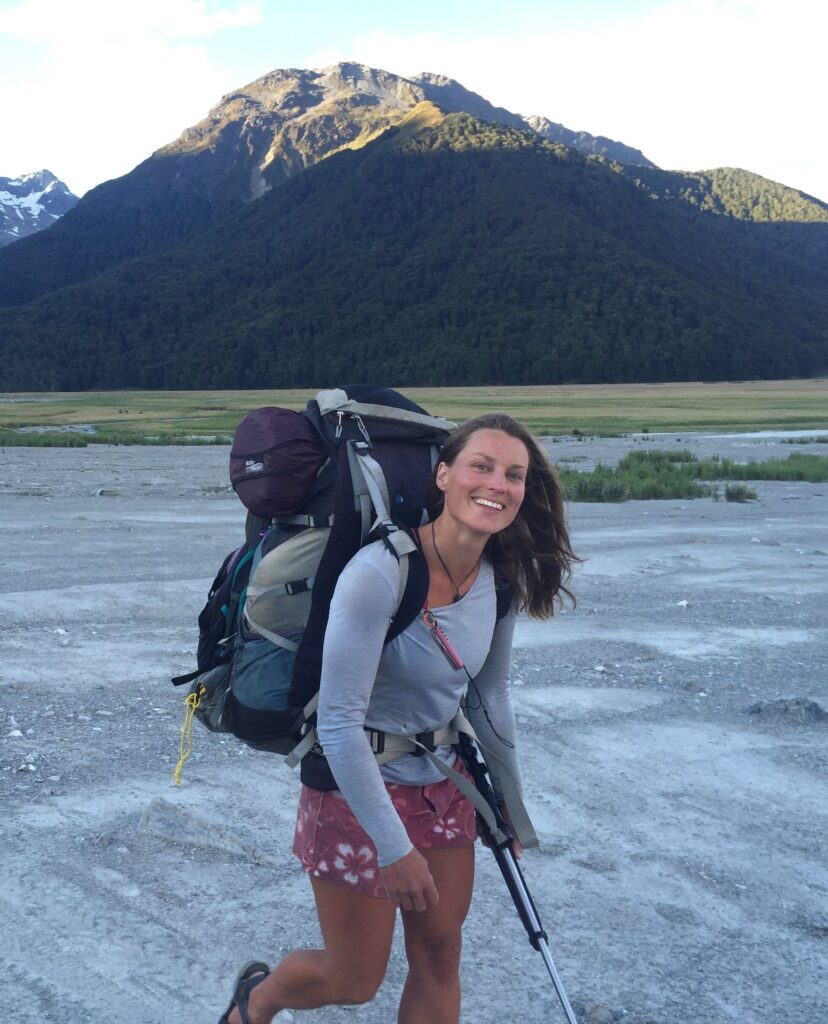
The world feels more fast-paced, anxious, and claustrophobic every day, with population levels constantly on the rise, along with a combination of protests, jacks in pricing, geopolitical tensions, natural disasters, and pandemics affecting almost every country on the globe. Miriam Lancewood, however, has unlocked a potentially viable way of living a focused lifestyle, by living in nature, rather than being removed from it. Miriam encourages others to follow a more sustainable lifestyle, one that arguably suits our bodies better than the fast-paced modern world.
Living in the wilderness
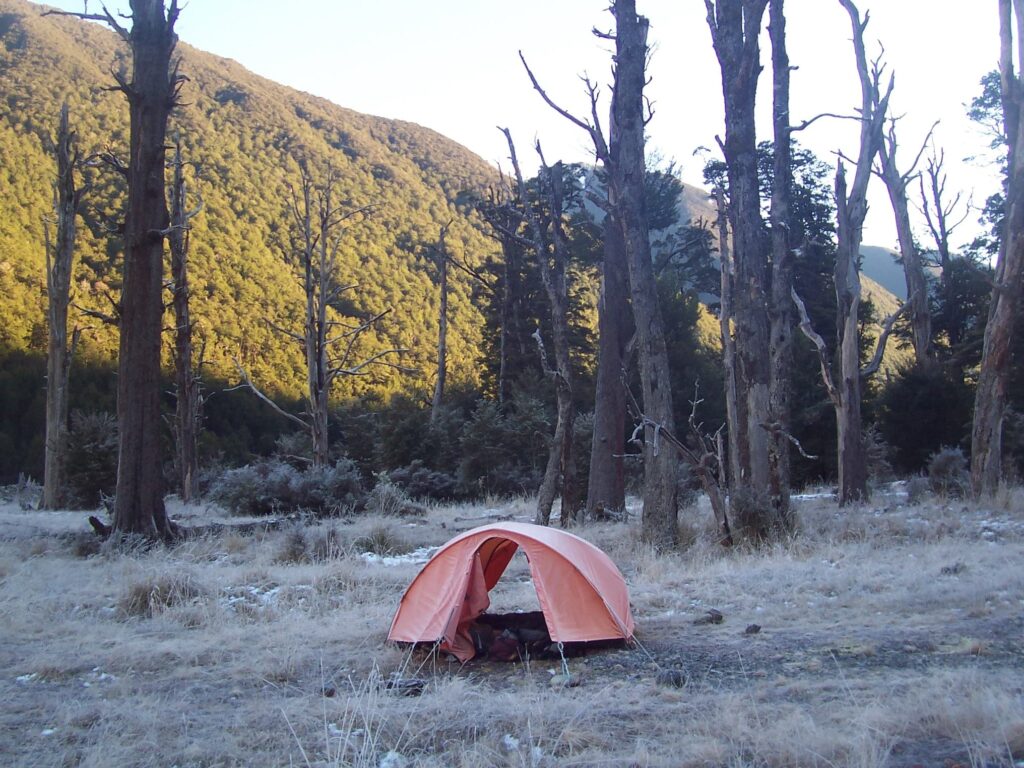
Coming from a small town in Holland, Miriam grew up in the populated country, feeling out of place with the growing number of residents. Her parents, however, strove to give her and her two sisters an ‘enchanting’ childhood. “I tell this often, when people make this similarity (of my journey) to the boy from ‘Into the Wild’, who goes because he hates his parents, his sister, or whatever and want to get away from society, I tell them that I’m not like this,” she says, insisting that her choice to live in the wilderness is not due to familial trauma, but a calling to live a deeper, more authentic life. Prior to her drastic lifestyle change, she studied physical education, and trained to be a pole-vaulter, before teaching in Zimbabwe for one year. “I was told to become a teacher, since I was so good at sports,” she joked. After spending a year in Zimbabwe, she then travelled to India, where she spent the next 5 months roaming around the country. She also met Peter, who is now her husband. Peter grew up on a sheep farm in New Zealand, and worked as a lecturer in philosophy and a chef. Having trekked around the Himalayas together, the two of them then moved to New Zealand, where Miriam tried to make a life for herself. However, after a few years, she felt a deep sense of unhappiness, and felt stifled by her life, by the demands of her job, and yearned for a sense of freedom. Sharing similar thoughts with Peter, the two of them sold most of their possessions, including their home and car, and moved to the mountains of New Zealand to live a nomadic lifestyle, and have kept it up for almost a decade.
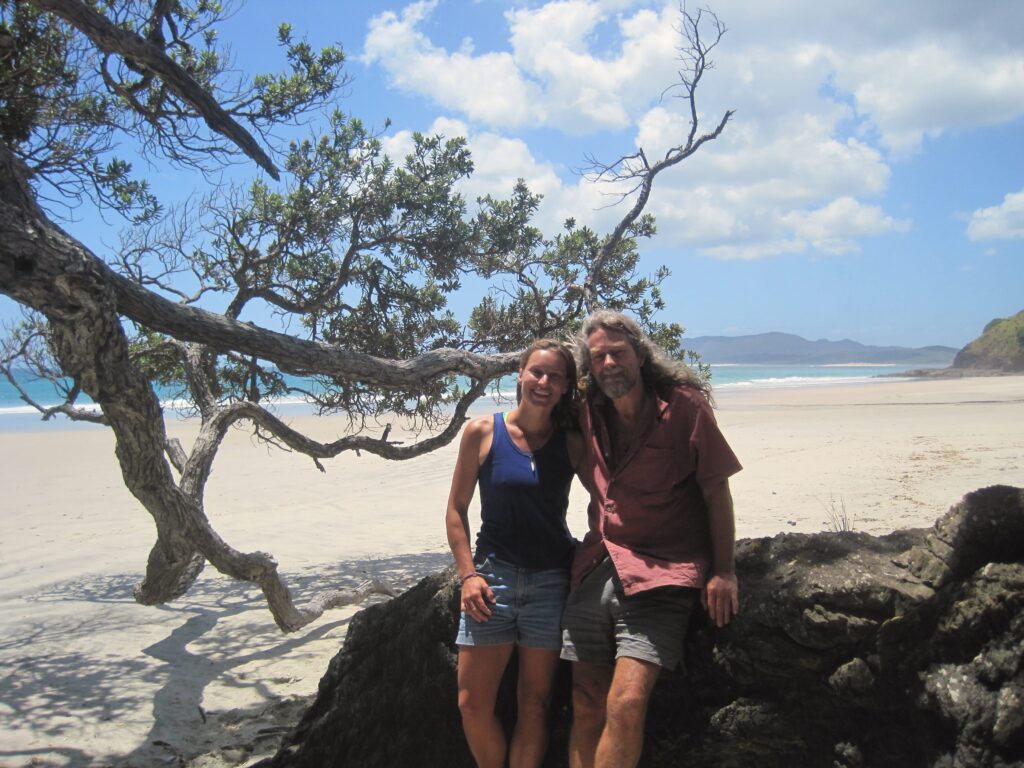
Documenting her journey
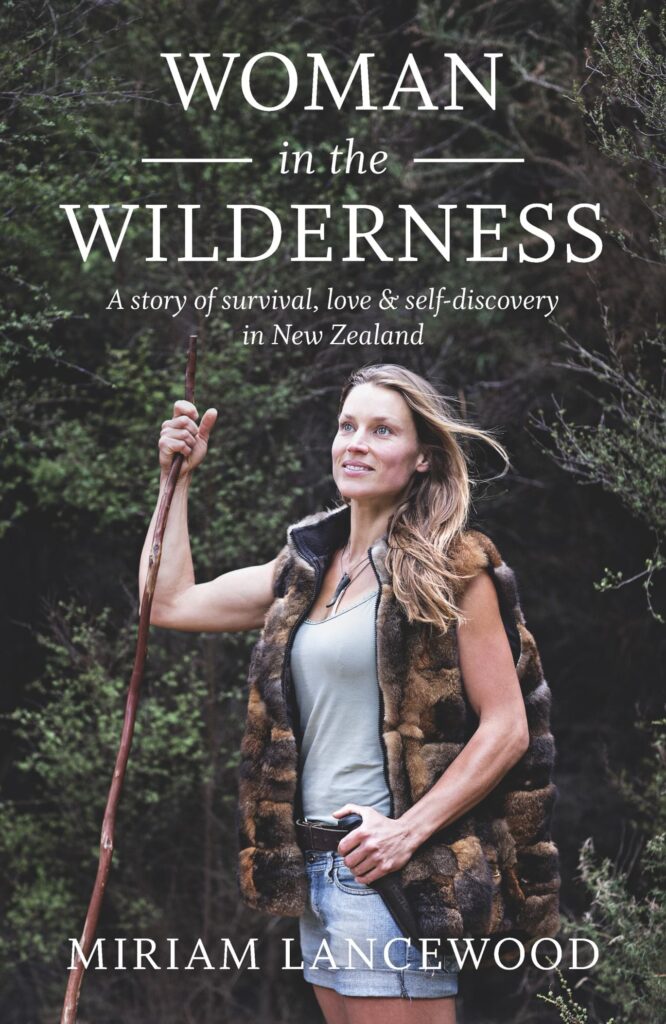
Miriam has also managed to document her travels in a book, titled Woman in the Wilderness: My Story of Love, Survival, and Self-Discovery. “In school, English was my worst subject, so I’m very proud that I wrote my book in English,” she added. The book revolves around the first six years spent in the wilderness of New Zealand. Her journey with the first novel started with the suggestion of a friend, who recommended the idea of Miriam writing down one day in her life. After sending her piece to a magazine, a publisher read the article and contacted Miriam to try and expand the work to a full-fledged novel. “At that time, we had no house, no electricity, nothing,” she pointed out. During one of her routine hitchhikes to town to pick up supplies, the driver (upon hearing her dilemma) offered her a place to stay, a small hut with electricity, but no hot water or shower. For the next five months, Miriam typed the novel on a friend’s laptop, and sent chapters every month to her publisher, who then worked on editing and translating the work into multiple languages.
“We walked all through Bulgaria, and people thought it was dangerous, but the opposite is true – the people were so nice, and were so happy to see visitors and tourists.”
Miriam Lancewood
She is currently working on a sequel for her book, which follows her stay in New Zealand. The book tracks her journey throughout western Europe, followed by a journey in Australia. The couple walked around France, Switzerland, Germany, and Austria before taking a bus to Bulgaria, and walking around Bulgaria and Turkey, followed by a trip to Australia, before returning home to New Zealand. “We walked all through Bulgaria, and people thought it was dangerous, but the opposite is true – the people were so nice, and were so happy to see visitors and tourists,” she said. When asked about the favourite part of her trip, her answer was simple. “My favourite country was Bulgaria – we had no expectations when we arrived, and the mountains were very nice, along with the villages and the village people,” she adds.
The beauty tucked away
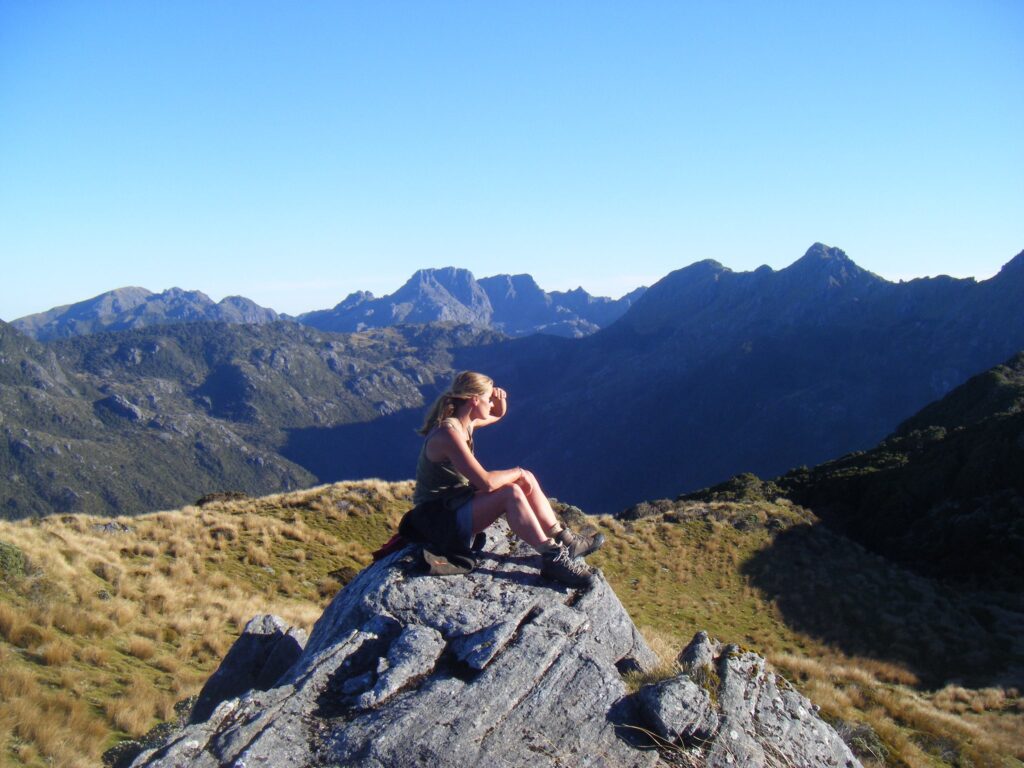
Despite living in the wilderness, Miriam and Peter both stay clean and fresh, making do with natural substitutes when they run out of daily essentials, like toothpaste or shampoo. Having lived without any sort of machine for years, she has learned to appreciate the sheer beauty of nature. “I am connected to people, and to nature. The more time we spend on the Internet, the more disconnected we are, and you feel the effect of the machine as well. The moment I have a telephone and a camera, I immediately click pictures – I don’t even look at the camera, and that’s why I gave it up,” she adds, pointing out that the thousands of pictures she clicked while in India have never been revisited, furthering the idea that life is truly experienced without the so-called ‘aid’ of a machine. When asked if she misses anything about the modern world, she shrugs, “I don’t really miss anything when I’m in the wilderness, because it’s so full”, she said.
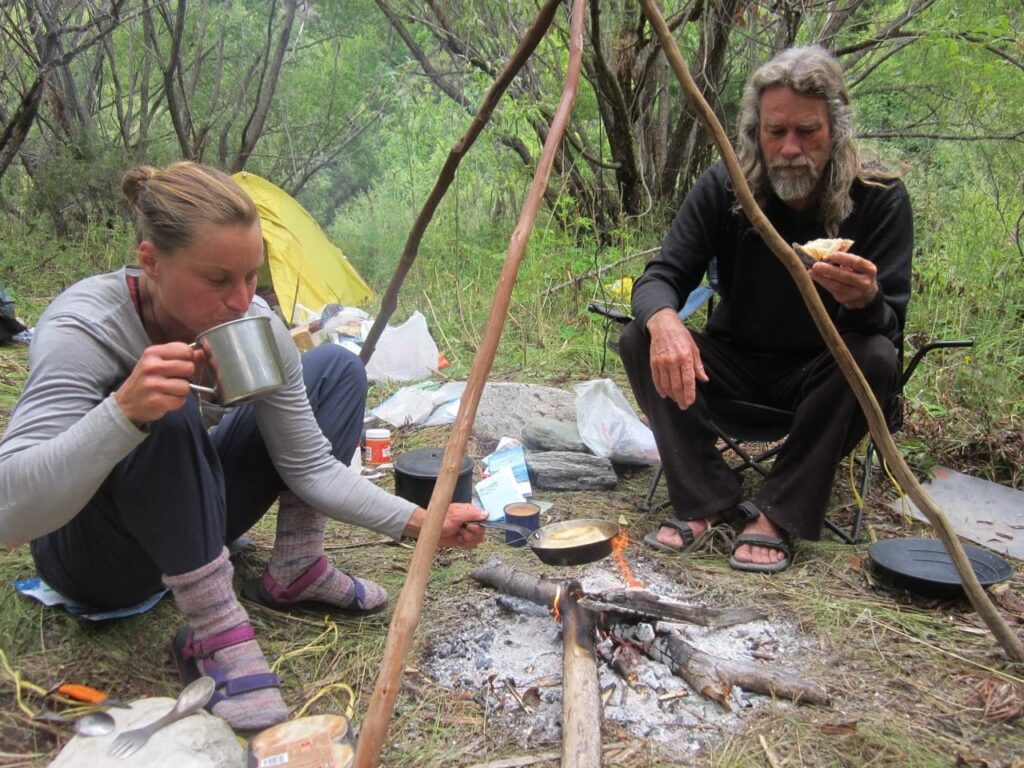
What she enjoys most is the inherent freedom that she has felt once she stepped away from the rat-race. “Peter has told me that you can live without working if you live simple, and I realised that he was right. If you can sleep for free, which I think should be your birth-right, then you don’t need to work so much, you can live cheaply, off savings and investments,” she said. Armed with a sturdy tent, the couple have saved thousands of dollars while working and saving, as there is no form of rent to pay; the land is free to sleep on. “There is an incredible plan called FIRE – financially independent, retire early,” she adds, pointing out that after a few years of hard work, she’s able to effectively retire in peace and enjoy her youth, instead of wasting most of her life stuck behind a desk, or in a cramped space. “I ask people if they manage to save every cent, and they say, ‘no, I’m spending; I want to go back to my country, but maybe next year.’ The attitude is terrible, because your life is going right past,” she adds, highlighting that time is the one resource that one can never save up and collect later.
Visiting new spaces
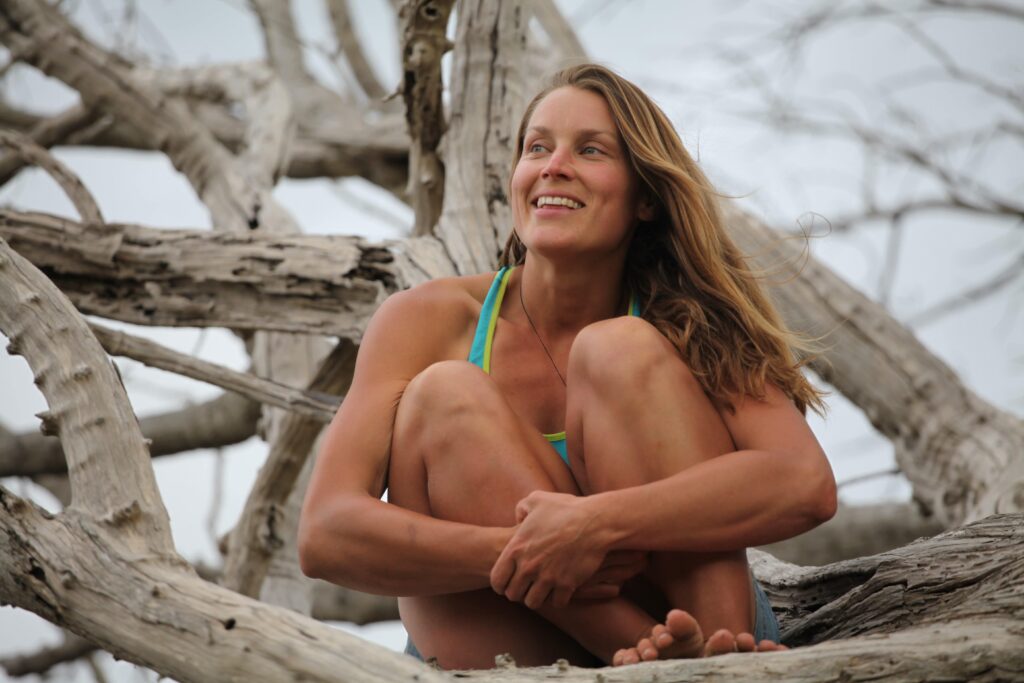
For now, Miriam is excited to enjoy her life in New Zealand, but she does look forward to visiting Bulgaria once more. Having visited Dubai for a number of interviews, she’s fascinated by Arab culture, and would love to visit a country like Oman, or Jordan. “We love to see different cultures, like Indian culture, and Arab culture. We also love walking through the countries, because we like to go slowly. Everyone treats you very well, because you are very vulnerable and dependent, and most people are very kind to strangers,” she said. Her interests have now been turned to the Arab region, and she looks forward to exploring the UAE’s neighbouring countries.
Tips and tricks
For those looking to brave the journey and live a more sustainable, fulfilling life, Miriam offers a number of vital tips to keep in mind, to ensure one’s survival. “Depending on where you want to go, it’s important to take very warm clothes, and clothes for rain,” she advises, pointing out that in the wild, weather can rapidly change, and it’s important to protect yourself from exposure. “Bring warm clothes like wool, and bring raincoats, because if you get wet, you will get cold, and get sick.
If you want to experience something real, organise a walking trip, and live in valleys, where there are no people, even for a few days. You will see how different it is, with nothing to do,” she adds. Without technology to distract us from the present, many end up thinking about larger, more abstract concepts, like the meaning of life; communication also opens up, as there is no technological crutch to depend on.
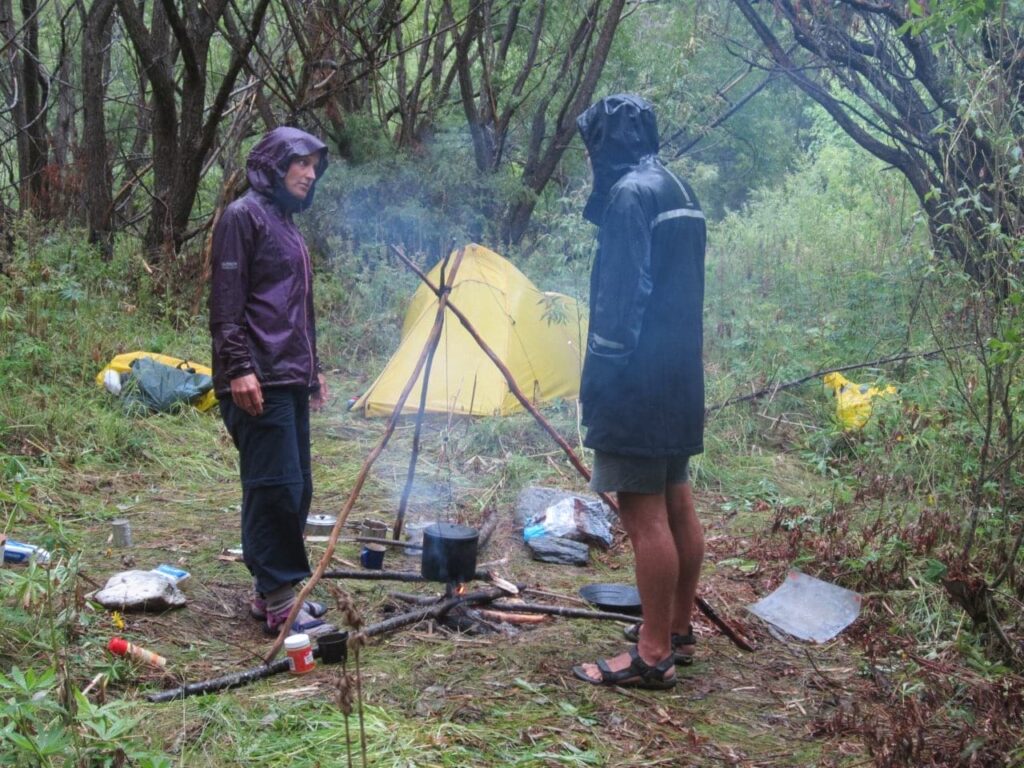
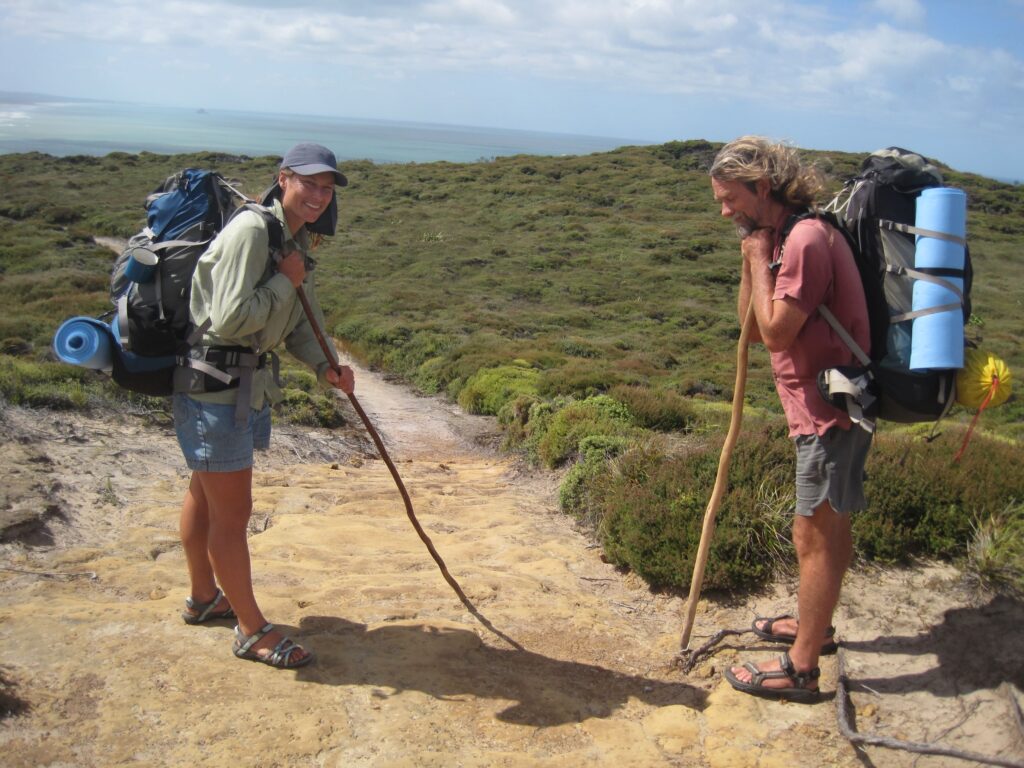
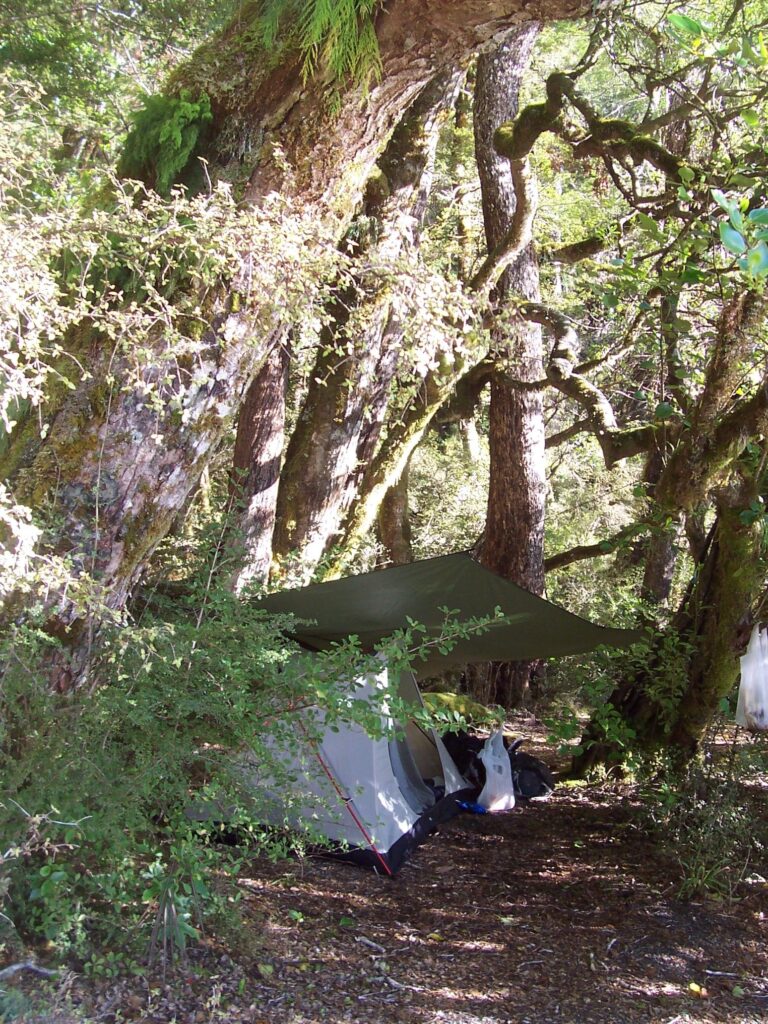
Another important tip is to make sure you have a tent, to stay dry, and keep plans flexible. “You cannot plan too much, as the weather gets bad rapidly. If it rains too much, the river floods, and you cannot cross. If you have a tent, you are free. One tent, you can pitch it anywhere, in a forest or a park.”
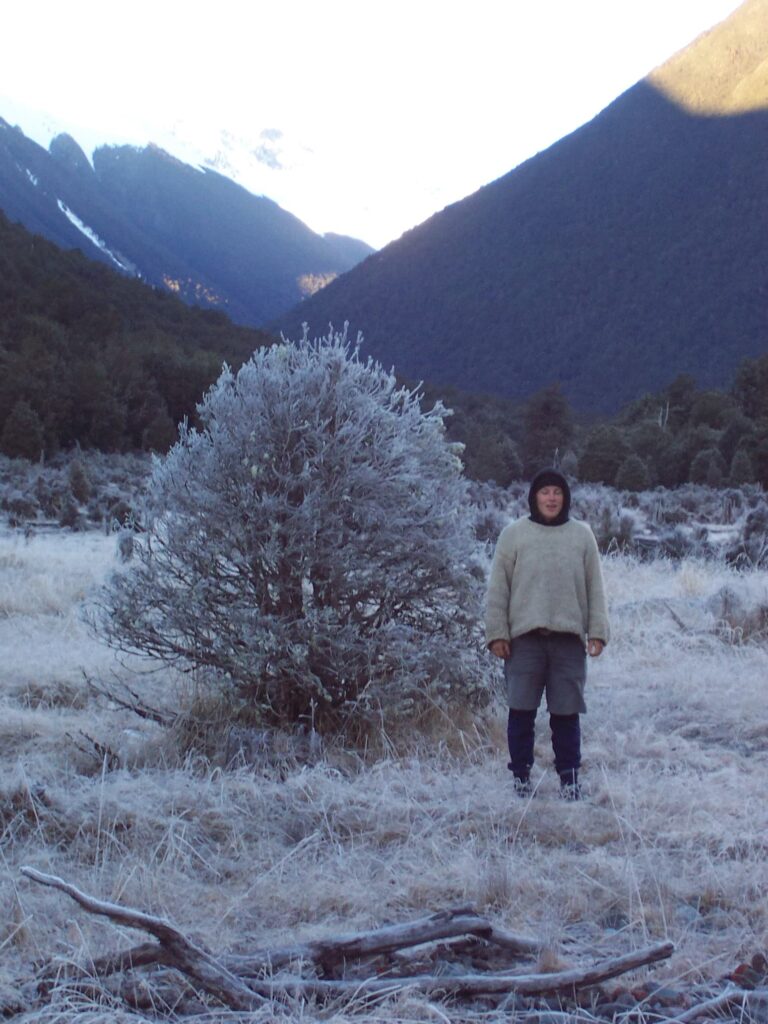
When it comes to entering new countries, Miriam relies on older methods to find their paths, particularly paper maps. “We get a very detailed map from a bookshop, we have currency, and that’s it. We come to a place we want to sleep, pitch a tent, light a fire, eat, and follow the map, with a walking trail,” adding that there’s a certain sense of freedom and independence with older methods, avoiding unnecessary reliance on technology.
At the end of the day, her biggest tip is to stay warm, stay dry, and keep walking. Taking steps is easier, healthier, cheaper, and environmentally stable. “It gives a lot of confidence, knowing that we’ve walked 5,000 kilometres in 3 years, so wherever we are, we can walk out of the city,” she concludes. Having lived in the wilderness for so long has helped make Miriam fitter, healthier, more aware of her effect on the planet, and more satisfied with her life. Taking a step away from the bustle of the city doesn’t have to be a permanent one, and even a few days in nature can really open one’s eyes to the planet’s inherent beauty, and the steps we can take to preserve it. Also find her book on Amazon.
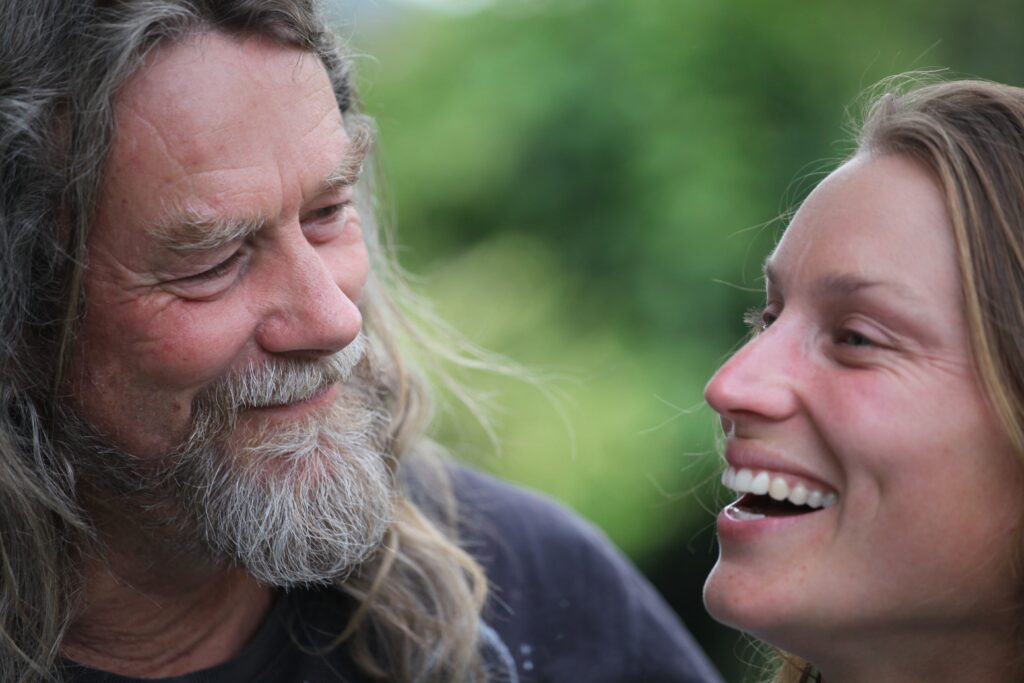
Disclaimer
This disclaimer informs readers that the views, thoughts, and opinions expressed in the text belong solely to the author, and not necessarily to the author’s employer, organization, committee or other group or individual. We take no liability for the accuracy of the information and cannot be held liable for any third-party claims or losses of any damages.
This disclaimer informs readers that the views, thoughts, and opinions expressed in the text belong solely to the author, and not necessarily to the author’s employer, organization, committee or other group or individual. We take no liability for the accuracy of the information and cannot be held liable for any third-party claims or losses of any damages.